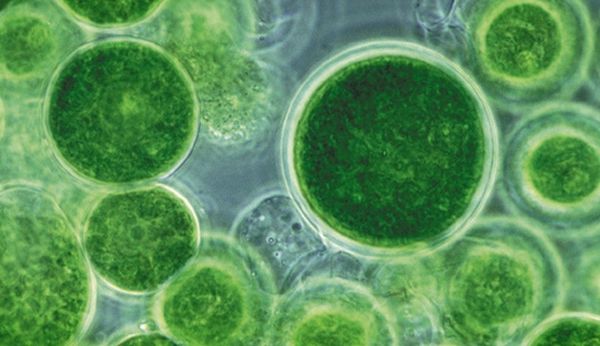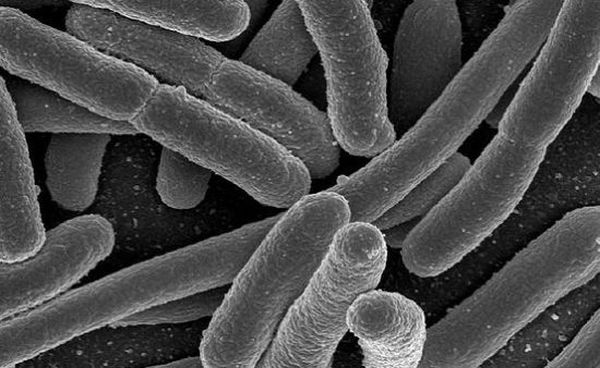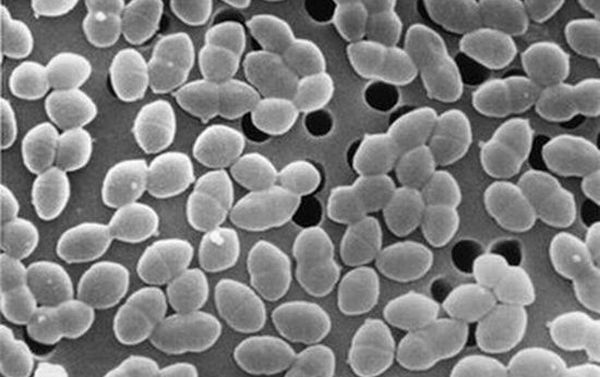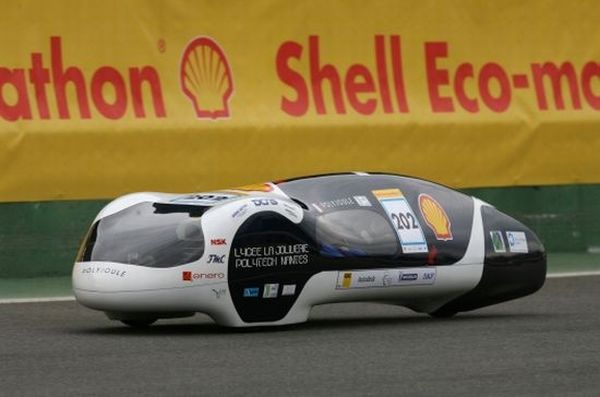As we know it
Researchers have shown that a few micro organisms could be genetically engineered to allow the mass production of bio-fuels and also to remove the constraints which have hampered their popularity as compared to conventional fuels. At present, bio-fuels are mostly produced from food items. This has attracted protests from rights activist all over the world. Also, at present, biofuels are not as efficient as the conventional fuels and need to be used in a blend with gasoline. The new researches, however, promises to remove all such constraints. It may be soon possible to use biofuels independently and produce in large amounts from many other sources other than food items.

Need for change
There are many reasons which call for change in the methods of production of biofuel and the way it has been popularized as anti-poor by activists. Biofuels are environmentally friendly as they produce very less amount of greenhouse gases. Now, it can be mass-produced rapidly with the help of new innovations in a factory. Also, it can be produced at cheaper costs than earlier.
What’s next
1. Researchers engineer bacteria to feast on sugars and produce biofuel

What’s new
Researchers at the UCLA Henry Samuel School of Engineering and Applied Science have genetically modified the Escherichia Coli (E. Coli) bacteria to work as an efficient biofuel synthesizer. They have incorporated new genes in the bacteria which allows it to produce biofuel directly and without any need of breaking the cells.
What difference it will make
Presently used biofuel such has ethanol has many limitations. It needs to be mixed with gasoline because of lesser efficiency and also it absorbs humidity from the surrounding. This makes it corrosive and limits the scope of storage and distribution using present infrastructure. However, according to researchers, the new innovation would open avenues for advanced biofuel development and allow their mass production from renewable sources.The entire process would also be cheaper than earlier.
2. Genetically engineered bacterium guide us closer to cellulosic ethanol

What’s new
Researchers from Thayer School of Engineering, Dartmouth, and Mascoma Corporation have developed a new genetically designed thermophillic bacterium which can trigger the production of cellulosic Ethanol from waste materials at a very low cost and without any requirement of additional heat.
What difference it will make
At present, it is too costly to produce cellulosic enzymes which trigger the process of conversion of organic wastes into biofuel. This makes biofuels non-competitive against the conventional fuels. However, the present innovation could help produce cheaper biofuel. It will allow the production of biofuels from sources other than food products. Also, the present process is carbon-neutral.
3. Glycerin-gobbling microorganisms to convert waste into fuel

What’s new
Glycos Biotechnologies Inc. has developed glycerine-eating microorganisms which can convert crude glycerine into fuels and many other products. For this, the company has integrated bio-conversion with individual refinery operations. This not only helps in reducing the required costs but also allows the use of waste glycerine for production of many other products like alcohol, acids, fabrics, insulation and food products.
What difference it will make
At present, glycerine is mainly used for producing soaps and most of the crude glycerine is disposed as waste material. However, the new process would open multiple avenues for the application of crude glycerine. Moreover, the entire process of production of fuels and other material from crude glycerine would become highly eco-friendly because the new process requires very less amount of heat and power.




